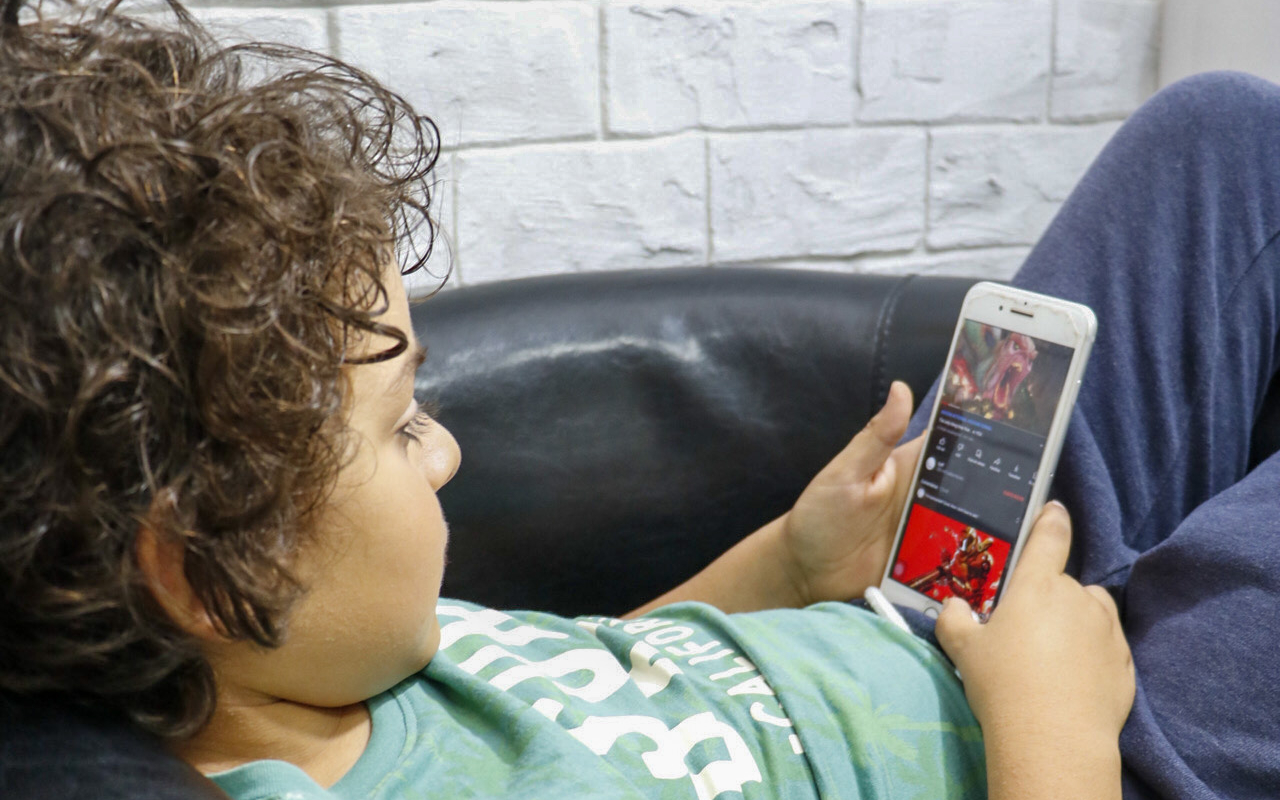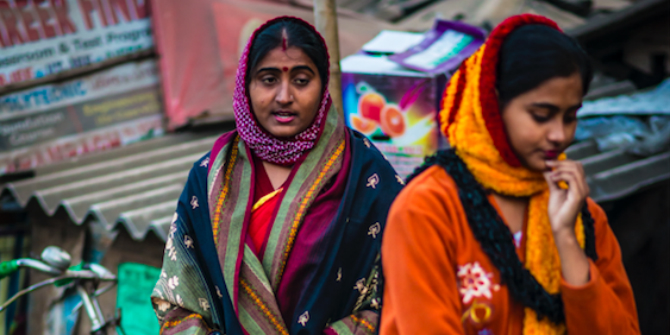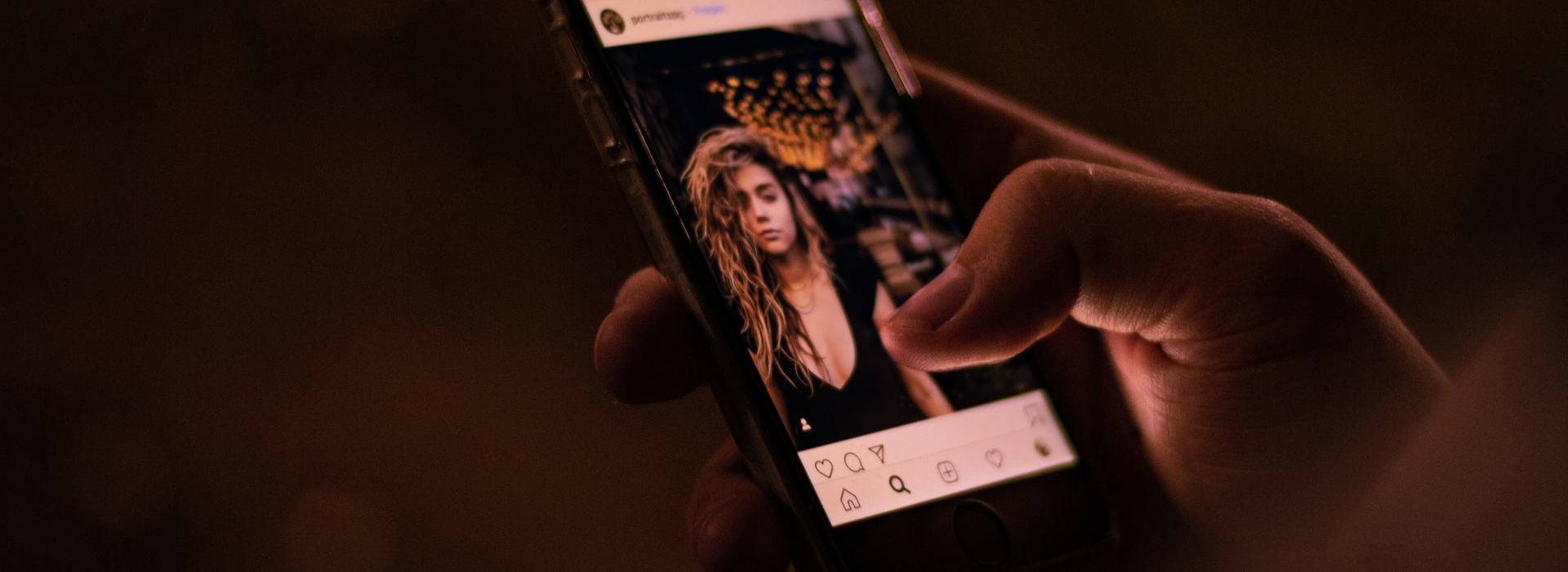 Article 8 of the General Data Protection Regulation (GDPR) gives EU member states the power to choose any minimum age of consent for data in law for children between the ages of 13 and 16. A fragmented landscape now exists, however, as member states have decided differently. Starting from the idea that children are emerging moral media actors in their own right, Lien Mostmans, a PhD researcher at Cemeso (Vrije Universiteit Brussel), consulted with children and their parents, and explains how raising the age limit for parental consent to 16 would be a bad idea. [Header image credit: E. Yourdon, CC BY-NC-SA 2.0 ]
Article 8 of the General Data Protection Regulation (GDPR) gives EU member states the power to choose any minimum age of consent for data in law for children between the ages of 13 and 16. A fragmented landscape now exists, however, as member states have decided differently. Starting from the idea that children are emerging moral media actors in their own right, Lien Mostmans, a PhD researcher at Cemeso (Vrije Universiteit Brussel), consulted with children and their parents, and explains how raising the age limit for parental consent to 16 would be a bad idea. [Header image credit: E. Yourdon, CC BY-NC-SA 2.0 ]
Children as moral media actors
It is often assumed that children’s online activities and experiences can be morally corrupted through the internet. While this is certainly a legitimate concern, it also implies that one place to look for evidence is the children themselves, and specifically, their moral relationships with the internet.
Research has shown that children as young as nine have emerging understandings and concerns about the socio-technical complexities of the internet, and privacy from parents, businesses and other information society services. This means that they can be involved in some depth in discussions with parents, lawmakers and industry regarding consent, the flow of their online personal information and the place they want to give to online media in their lives, as is also stipulated by their right to be heard in all matters affecting them (see UNCRC, Article 12).
‘Good’ listeners should be able to appreciate the extent of children’s moral voices, as they give plenty of examples of morally imbued instances they experienced either first-hand, second-hand or as ‘bystanders’. Some of my own research has identified, in particular, their empathy, perspective-taking and reciprocity skills, their moral sensitivity around issues of consent and ‘sharenting’, and their morally imbued (ethically ambiguous) privacy strategies in different technological contexts.
The domestic moral media vacuum
Today, many children are growing up in families where their moral media agency is granted considerable leeway, and are increasingly acquiring a certain level of moral autonomy with regards to the internet, starting as young as nine years old. They assert their emerging moral identities in front of their parents, and question parental authority on issues such as sharenting and parental consent, but also in terms of their interpretations of parental skills and parental internet mediation strategies. Their experiences with the internet are often embedded in more relaxed, ‘egalitarian’ parenting approaches and differences in understanding about the internet.
Together, these dynamics give rise to what I have called a ‘moral media vacuum’ in the domestic family home, a space that parents and children are filling and negotiating together, although not always entirely successfully. For example, the children in my research did not always ask for parental permission or consent: they just lied about and misrepresented their age or created fake ‘parental’ accounts in order to access the spaces they wanted.
Raising the age limit from 13 to 16 for parental consent, to use certain online services, contrasts with the (moral) autonomy that many children are acquiring during (pre)adolescence, and places a disproportionate responsibility on parents while service providers, such as popular social networking sites, are largely spared. At least one, arguably ambiguous, consequence will be that an even larger group of children will have to misrepresent and lie about themselves (e.g. about their age) in order to be able to fully enjoy their participation rights and participate and protect themselves in the digital, online landscape.
A blind focus on parental consent
Parents are important primary caretakers of their children, generally supporting, helping and guiding them, but parental consent is not a guarantee for protection. Parents are dealing with an increasingly ethically complex online environment they themselves did not grow up with, and practices (tracking, data profiling, targeted advertising) that challenge their and their children’s critical digital literacy and parental control in terms of internet mediation. To what extent could parents give informed consent on behalf of their children, and when should they be the sole arbiter of whether children can access online platforms and services?
Against raising the age limit for parental consent
‘Good’ legislation should:
- protect children’s information
- empower parents
- build on a realistic understanding of parent–child relationships
- have reasonable expectations of the digital literacy of parents and children.
As it stands, restricting children under 16 from using social media and other online platforms risks making more children (including 14- and-15-year-olds):
- more deceptive
- prone to online services that are non-compliant with EU law
- escape regulation
- miss important literacy and empowerment initiatives.
Based on my doctoral (ethnographic) work with (Belgian) children and their parents, I have no reason to believe that children will stop trying to make use of popular online services, such as social networking sites, when their status, relationships and creativity are at stake, and nor will they wait doing so until they are 16.
This post gives the views of the authors and does not represent the position of the LSE Parenting for a Digital Future blog, nor of the London School of Economics and Political Science.





